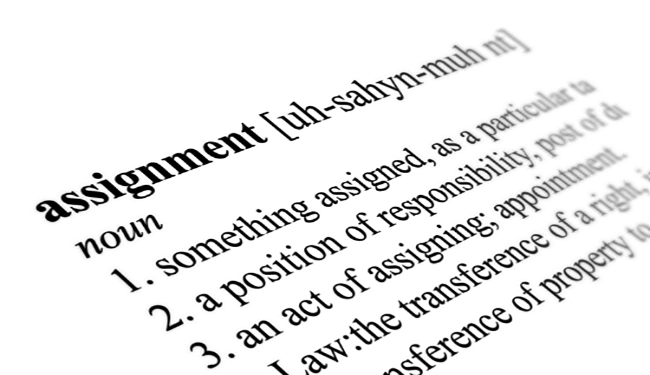Blog

Champerty and Assignment
/ 25.Jun, 2012
Assignment of legal malpractice actions is an interesting topic. As a general concept, assignment of legal malpractice claims is disfavored. Gurski v. Rosenblum and Filan, LLC, 276 Conn. 257, 271, 885 A.2d 163, 170 (Conn. 2005) (listing fifteen different jurisdictions which do not allow the assignment of legal malpractice claims). Pennsylvania has allowed the assignment of legal malpractice actions. Hedlund Mfg. v. Weiser, Stapler & Spivak, 517 Pa. 522, 539 A.2d 357 (1988); Ammon v. McCloskey, 440 Pa.Super. 251, 655 A.2d 549 (1995). However, our Superior Court has recently ruled in the case of Frank v. Tewinkle, that champerty is a viable defense in assignment of contract cases against lawyers (the effect should be the same for legal malpractice cases). The first question for most people (attorneys included) will be, what is champerty? The court helpfully gives a definition in its opinion:
Long considered repugnant to public policy against profiteering and speculating in litigation, champerty is defined by Black’s Law Dictionary (8th ed.) as:The court held:[a]n agreement between an officious intermeddler in a lawsuit and a litigant by which the intermeddler helps pursue the litigant’s claim as consideration for receiving part of any judgment proceeds;…an agreement to divide litigation proceeds between the owner of the litigated claim and a party unrelated to the lawsuit who supports or helps enforce the claim.
Under Pennsylvania law, if an assignment is champertous, it is invalid. An assignment is champertous when the party involved: (1) has no legitimate interest in the suit, but for the agreement; (2) expends his own money in prosecuting the suit; and (3) is entitled by the bargain to share in the proceeds of the suit. Internal cites deleted.This is an interesting decision, which should continue to restrict the ability of actions against lawyers to be assigned, and help keep Pennsylvania from straying too far from the national consensus on the issue of assignment of legal malpractice cases. -Josh J.T. Byrne, Esquire


Comments